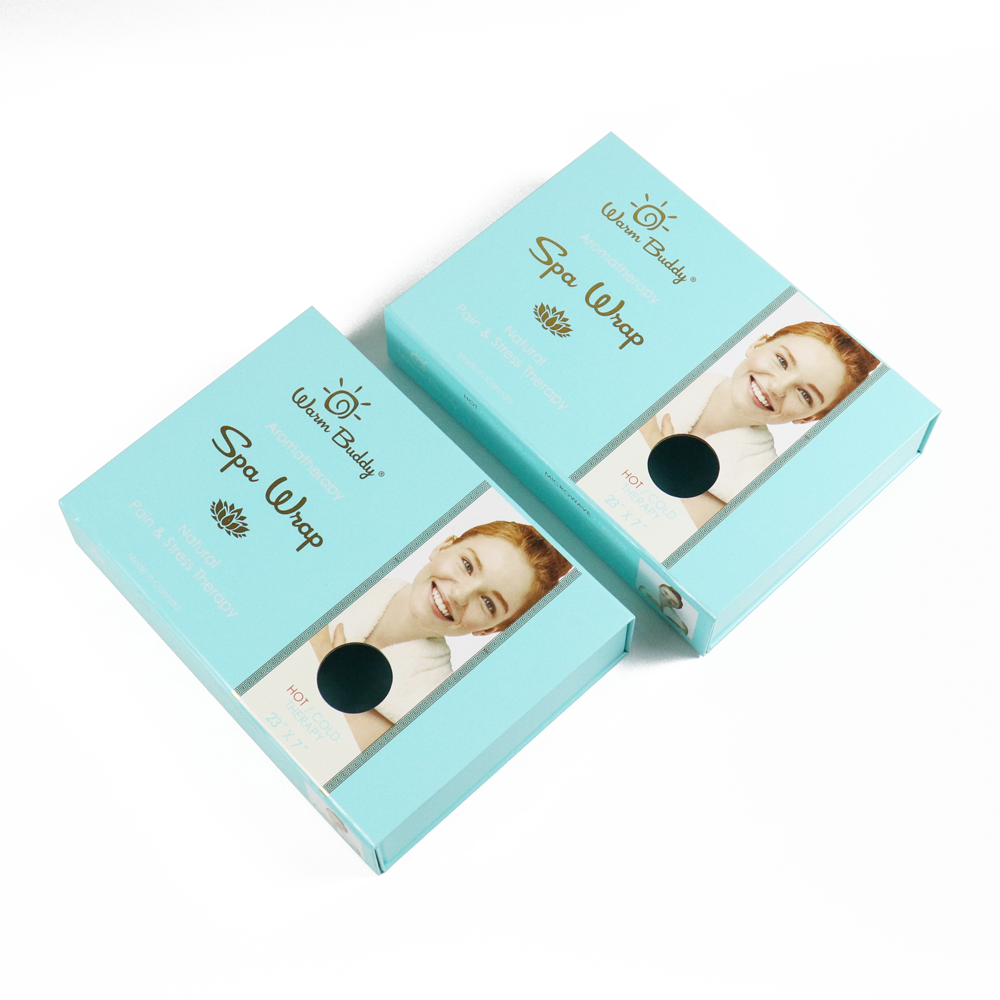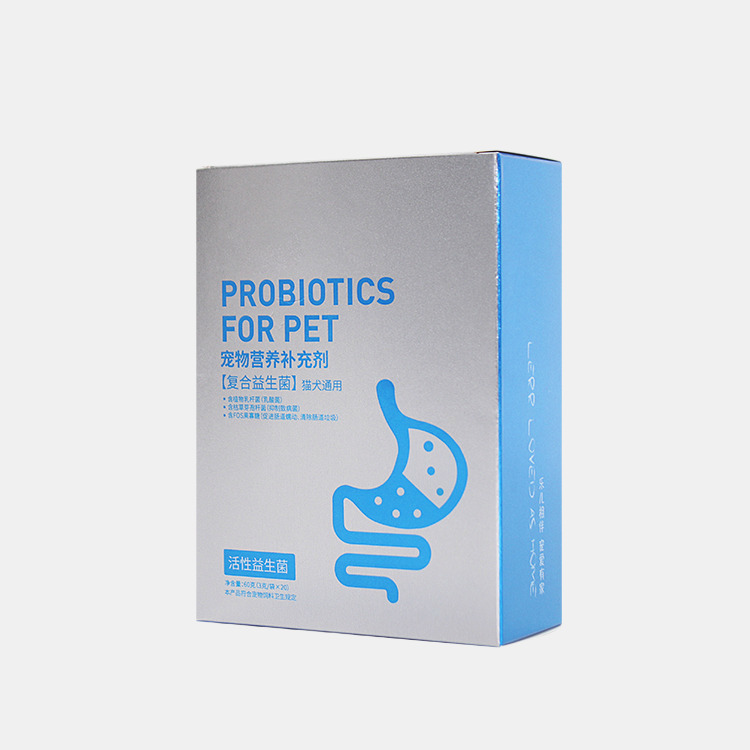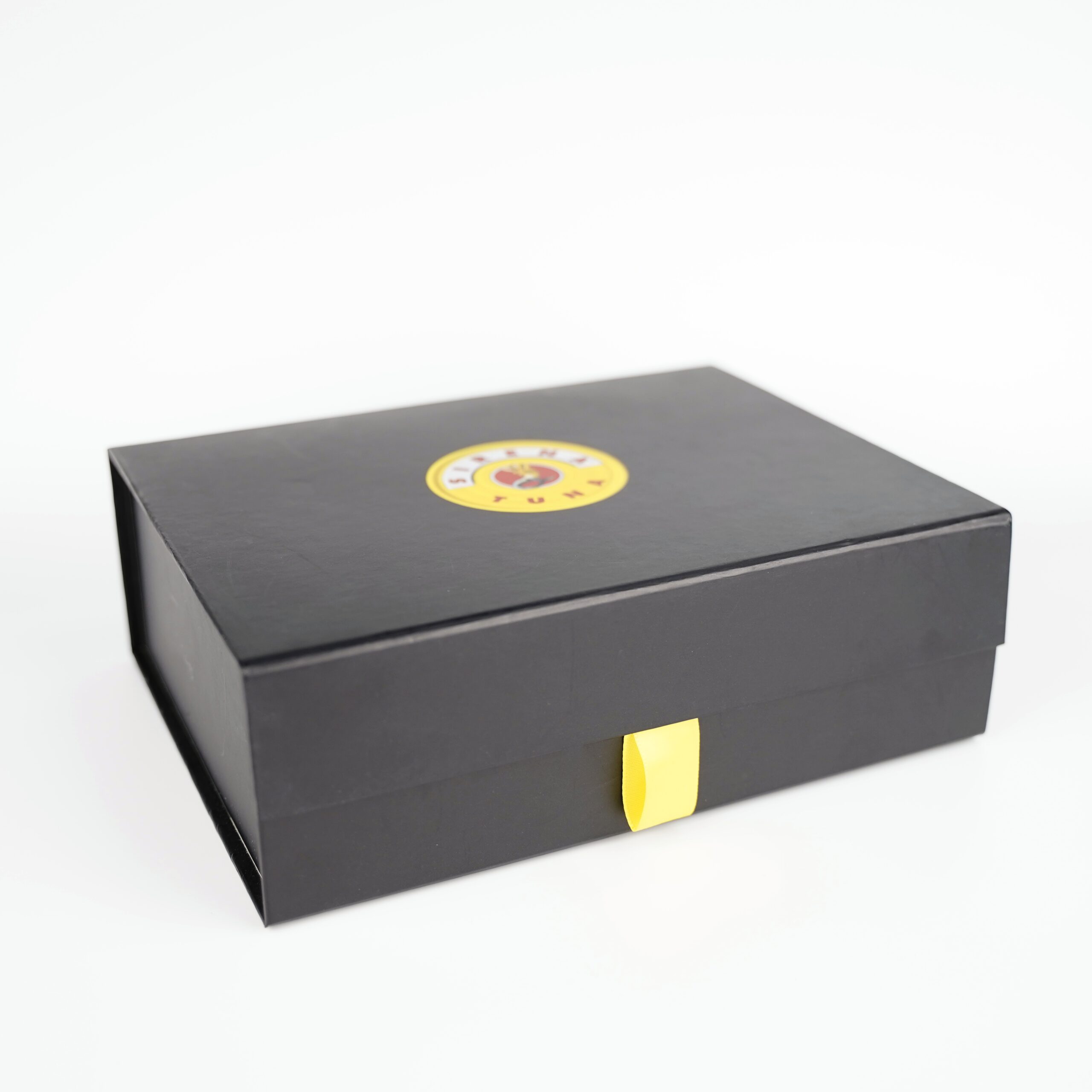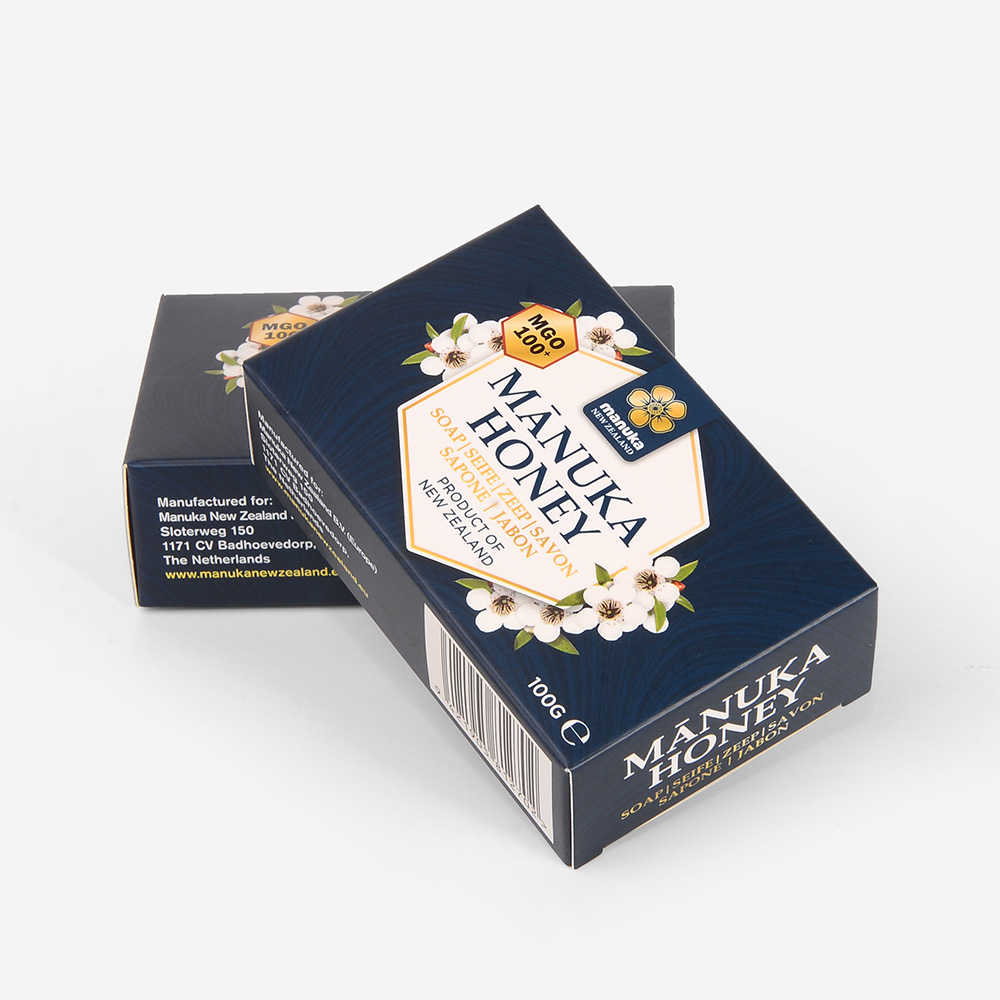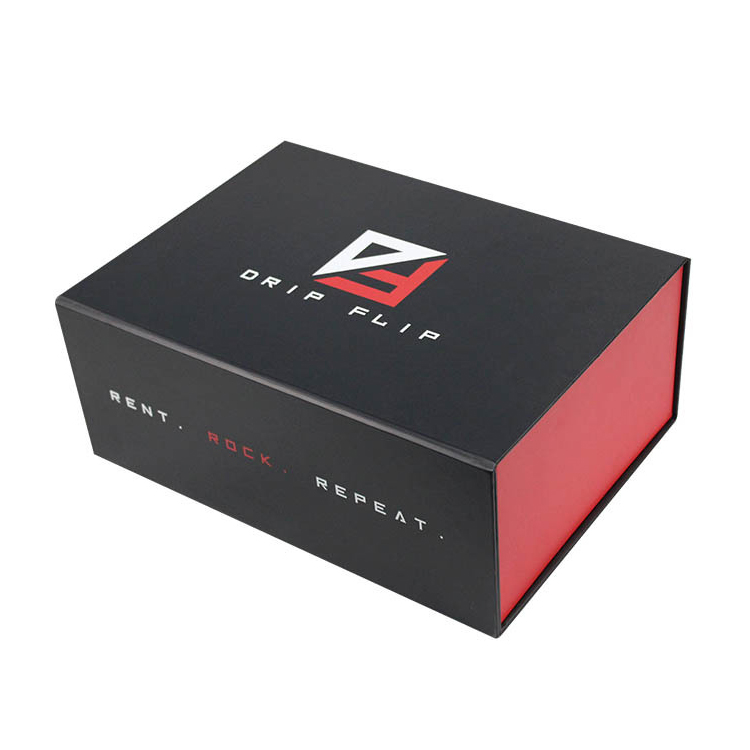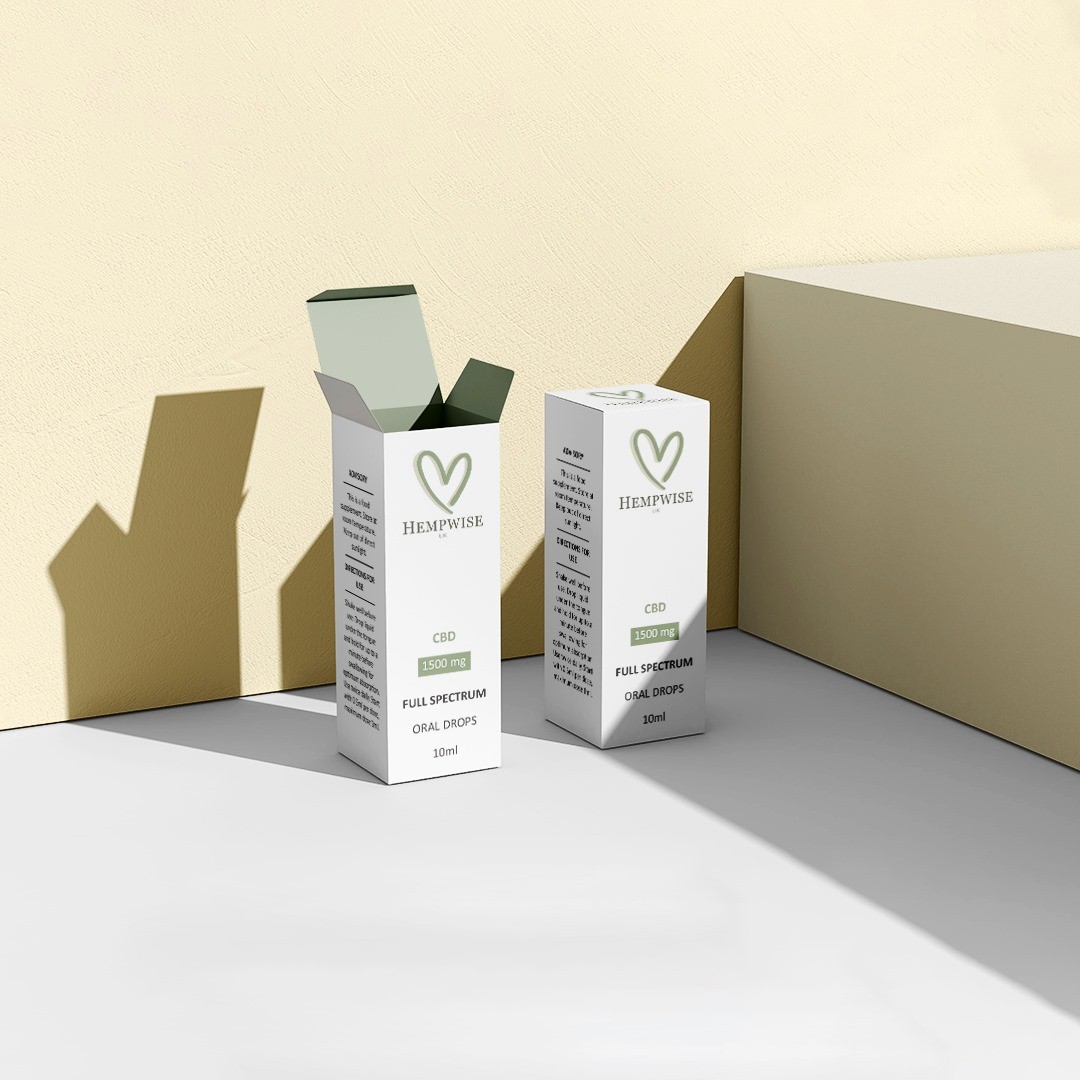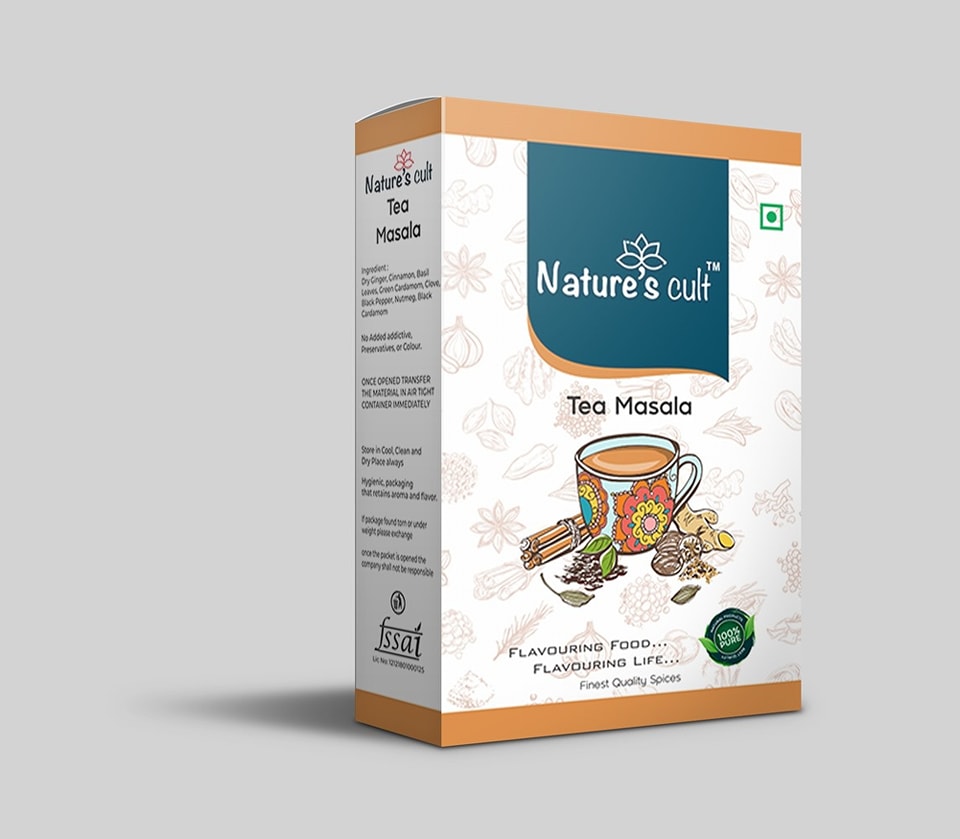Table of Contents
Sustainability has become a key priority for businesses across industries, including packaging. As consumers become more conscious of the environmental impact of their purchases, the demand for eco-friendly packaging continues to rise. Folding cartons and custom product boxes are among the most popular sustainable packaging solutions being embraced by brands aiming to reduce their environmental footprint.
But how sustainable is folding carton packaging, and what materials are used to make it eco-friendly? This article delves into the environmental benefits of folding carton packaging, explores eco-friendly materials commonly used in production, and highlights how brands can make smarter choices by incorporating sustainable inks and coatings into their packaging solutions.
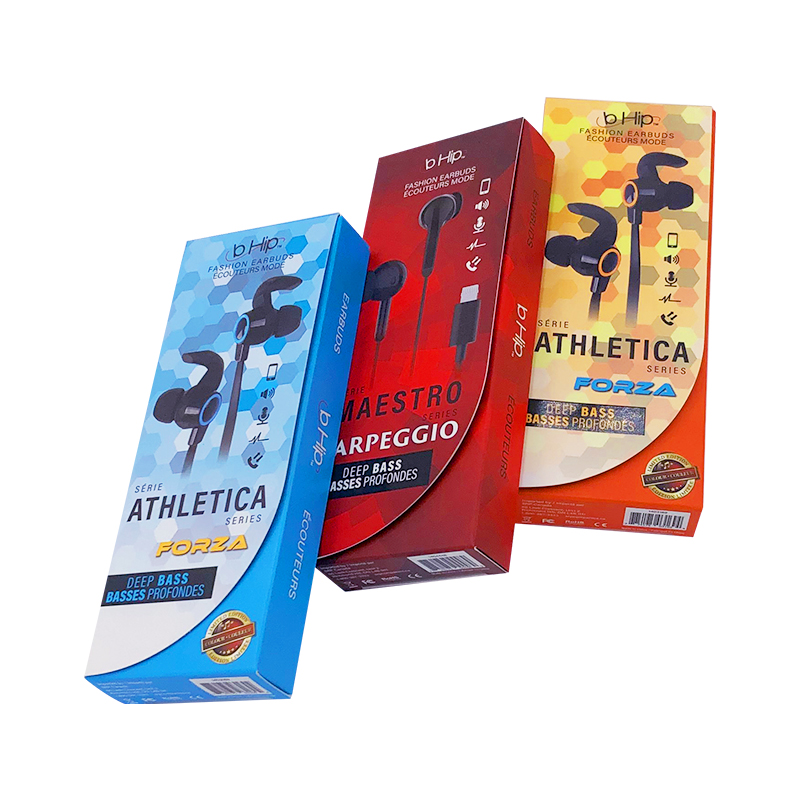
1. The Growing Shift Toward Sustainable Packaging
As the environmental movement gains momentum, sustainability is no longer a trend—it’s an expectation. Today’s consumers are more discerning about the environmental impact of the products they buy, including the packaging that holds them. From reducing plastic waste to embracing recyclable and biodegradable materials, consumers are increasingly opting for brands that prioritize sustainability in their packaging choices.
Research shows that half of consumers are willing to pay a premium for products with sustainable packaging. For businesses, switching to eco-friendly packaging materials offers dual benefits: it reduces environmental impact and enhances brand loyalty by building consumer trust. Embracing sustainable packaging has the power to strengthen a company’s position in the market and resonate with today’s conscious shoppers.
2. Why Folding Carton Packaging Is an Eco-Friendly Choice
Folding cartons are one of the most sustainable packaging options available, offering a perfect balance of durability, versatility, and eco-friendliness. These cartons are typically made from renewable, recyclable, and biodegradable materials, making them an attractive choice for brands looking to reduce their carbon footprint while providing high-quality product packaging.
Folding cartons also serve as an excellent protective solution for products, keeping them safe during transit while being lightweight, which further reduces their environmental impact in terms of shipping. Let’s explore some of the materials commonly used in folding carton packaging that contribute to its sustainability.
Exploring the Materials Used in Sustainable Folding Cartons
1. Folding Box Board (FBB)
Folding Box Board (FBB) is a popular material used for producing folding cartons due to its environmental benefits. FBB is a lightweight, recyclable material that’s made from virgin and recycled fibers. At Sttark, we offer White Paper Cartons made from FBB, which is 100% Blue Bin recyclable, making it easy for consumers to dispose of the packaging responsibly. This material is also certified by leading sustainability organizations such as FSC® (Forest Stewardship Council), SFI® (Sustainable Forestry Initiative), and PEFC® (Programme for the Endorsement of Forest Certification), which guarantees that it comes from responsibly managed forests. Furthermore, FBB’s lightweight nature contributes to lower transportation emissions, making it a sustainable choice for product packaging.
2. Sugarcane Bagasse
Sugarcane Bagasse is an innovative material made from the fibrous residue left after extracting sugar from sugarcane. This material is biodegradable, compostable, and serves as an excellent alternative to traditional paperboards. Bagasse helps reduce the reliance on virgin wood fibers and utilizes agricultural waste, making it a perfect fit for brands committed to sustainability. By using Bagasse, brands align themselves with the principles of a circular economy, where waste is minimized and resources are reused effectively.
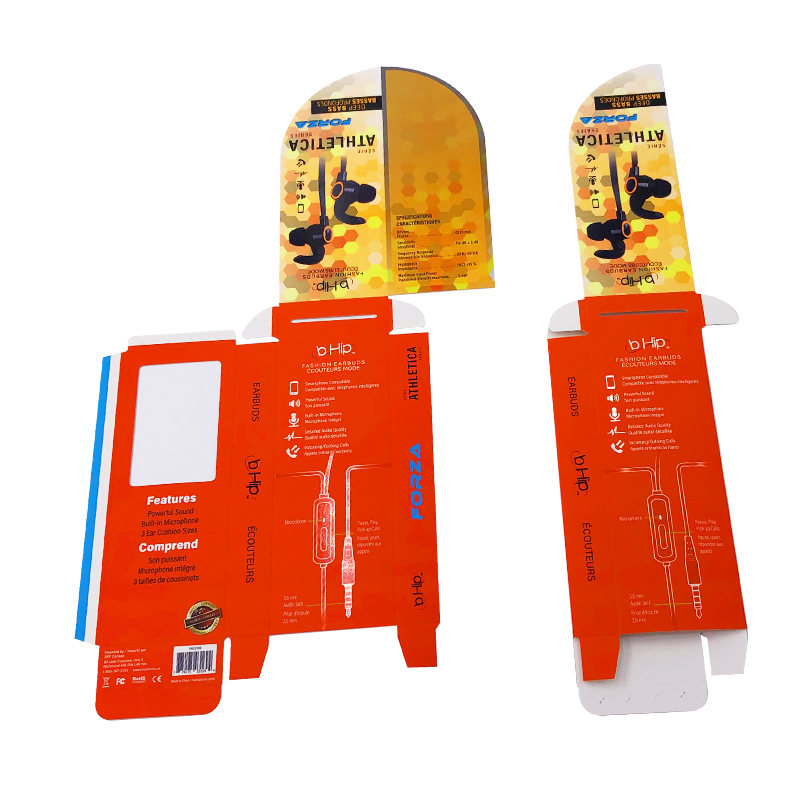
3. Recycled Paperboard
Recycled paperboard is another environmentally friendly material that plays a crucial role in sustainable packaging. Made from 100% post-consumer recycled content, recycled paperboard significantly reduces the need for virgin materials and contributes to the circular economy. It’s a durable and sustainable choice for many brands aiming to lower their environmental impact while providing sturdy, reliable packaging for their products. The increasing popularity of recycled paperboard is a testament to its effectiveness in combining sustainability with strength and functionality.
4. Kraft Paperboard
Kraft paperboard is another widely used material in eco-friendly packaging. It’s biodegradable, recyclable, and often comes in its natural, unbleached form, reducing the need for chemical processing. Kraft paperboard’s minimal processing requirements and ability to be reused make it a preferred choice for environmentally conscious brands. The natural brown hue also gives packaging an earthy, rustic look, making it ideal for brands that want to emphasize their commitment to sustainability.
3. Sustainable Inks and Coatings: Enhancing the Green Credentials of Your Packaging
In addition to the materials used, the inks and coatings applied to folding cartons also play a significant role in a packaging solution’s sustainability. Traditional inks often contain petroleum-based chemicals that are harmful to the environment. Fortunately, there are now more sustainable alternatives that help brands reduce their environmental impact while maintaining high-quality printing results.
Sustainable Ink Options for Folding Carton Packaging
- Water-Based Inks: Water-based inks use water as a solvent instead of harmful chemicals. These inks are environmentally friendly, reducing volatile organic compounds (VOCs) and promoting a cleaner production process. Water-based inks are an excellent choice for brands looking to make eco-conscious decisions without compromising print quality.
- Soy-Based Inks: Derived from soybeans, soy-based inks are biodegradable, renewable, and offer vibrant colors with a smaller environmental footprint. These inks have gained popularity due to their eco-friendliness and the excellent quality they provide, making them a go-to choice for many brands.
- Vegetable-Based Inks: Similar to soy-based inks, vegetable-based inks are made from renewable sources like corn or other plants. These inks are known for their minimal environmental impact and superior print quality, offering brands a sustainable option for vibrant, high-quality packaging.
Eco-Friendly Coatings for Sustainable Packaging
- Biodegradable Coatings: Unlike traditional plastic coatings that take centuries to decompose, biodegradable coatings break down naturally. Made from plant-based materials, these coatings protect the packaging while ensuring that the entire packaging system remains environmentally friendly. Biodegradable coatings are a great choice for brands aiming to maintain the recyclability of their packaging.
- Water-Based Coatings: Water-based coatings, like water-based inks, minimize harmful chemical use in packaging production. These coatings provide excellent protection for folding cartons while keeping the packaging eco-friendly, making them an ideal option for sustainable brands.
4. How Brands Are Incorporating Sustainability in Their Packaging Practices
Across industries, brands are increasingly adopting sustainable packaging practices. For example, companies like Mars and Kellanova have made significant strides in reducing plastic in their packaging, focusing instead on mono-material solutions that are easier to recycle. Other innovative options, like sugarcane bagasse and biodegradable materials, are gaining traction in the custom packaging landscape, offering brands even more opportunities to embrace sustainability.
Many of these initiatives are reshaping the future of packaging and giving rise to new, eco-friendly alternatives that help businesses lower their environmental impact without sacrificing performance or aesthetics.
5. Conclusion: Sustainable Choices for a Greener Future
Folding carton packaging offers a variety of sustainable materials, including Folding Box Board, sugarcane bagasse, recycled paperboard, and Kraft paperboard. By choosing these eco-friendly materials and pairing them with sustainable inks and coatings, brands can reduce their environmental impact while ensuring that their packaging remains attractive and effective. From reducing plastic waste to supporting the circular economy, the benefits of adopting sustainable packaging are numerous.
As consumer demand for sustainable packaging grows, businesses that embrace these environmentally friendly practices not only help protect the planet but also build trust with their customers. By making informed choices and opting for eco-friendly materials, brands can align themselves with the sustainability movement and contribute to a greener future.
For more information about sustainable folding carton packaging solutions, contact us today and learn how we can help your brand make the shift to greener packaging options.
6. FAQs About Sustainable Folding Carton Packaging
1. Why is folding carton packaging considered eco-friendly?
Folding carton packaging is considered eco-friendly because it’s typically made from renewable, recyclable, and biodegradable materials. It helps reduce the reliance on plastic and virgin materials, making it a sustainable choice for businesses aiming to lower their environmental footprint.
2. Can folding carton packaging be made from recycled materials?
Yes! Many folding cartons are made from recycled paperboard, including post-consumer content, which further supports the circular economy by reducing the need for new resources. Recycled paperboard is one of the most eco-friendly materials used for folding cartons.
3. How do sustainable inks contribute to eco-friendly packaging?
Sustainable inks, such as water-based, soy-based, and vegetable-based inks, are made from renewable resources and have a significantly lower environmental impact than traditional petroleum-based inks. These inks help brands reduce their carbon footprint while still providing vibrant, high-quality print results for packaging materials.

